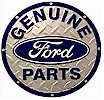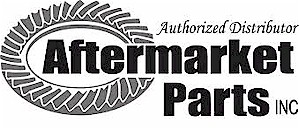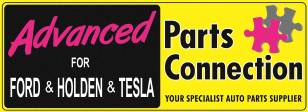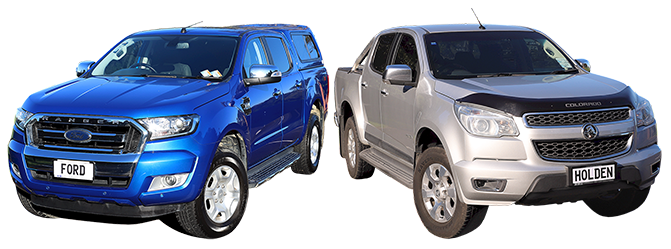Secondhand Parts
Vehicle parts, genuine verses aftermarket verses second-hand, what’s best?


I guess it depends whom you talk to, Franchise Dealer, General Trade Workshop or DIY mechanic; the debate has never really stopped. The motor industry has argued for years whether to fit genuine, non-genuine or second-hand parts when servicing or carrying out general repairs on motor vehicles. There is no one correct answer to this question.

The new-vehicle Franchise Dealer will almost always insist on using factory genuine approved parts. The more general workshops and mechanics are much more flexible as they tend to work mostly on the older section of the New Zealand vehicle fleet and in general are happy to fit aftermarket or second-hand parts depending on the nature of the repair.
 Subject to the type of repair required, the general workshop and mechanic can often provide a number of different and affordable options for the customer. The after-market industry is ever growing in New Zealand mainly because the vehicle fleet is getting older. It is therefore totally understandable that there is some reluctance displayed by some vehicle owners to spend too much on repair costs for vehicles with diminishing value.
Subject to the type of repair required, the general workshop and mechanic can often provide a number of different and affordable options for the customer. The after-market industry is ever growing in New Zealand mainly because the vehicle fleet is getting older. It is therefore totally understandable that there is some reluctance displayed by some vehicle owners to spend too much on repair costs for vehicles with diminishing value.The cost of repairs can often be prohibitive especially on older or out of warranty vehicles if genuine parts are used. Therefore a non-genuine or a second-hand part will do an excellent job without compromising functionally or safety. Owners of older vehicles will almost always need to first weigh up the value in their vehicle and second the cost of the repair. If the plan is to keep the vehicle for the long-term, the decision to use genuine, non-genuine or second-hand parts will be different than if the vehicle is to be soon sold.
Some examples are straightforward like an engine that overheats and then fails; a second-hand motor would be the best solution. It gets the vehicle back on the road rapidly and can save costs compared to rebuilding or reconditioning that failed engine. What about warranties covering second-hand parts, they aren’t always as long and often don’t cover labour costs but you should check with your workshop or mechanic if they are using second-hand. Well-respected dismantlers supplying second-hand engines will often have a history and running report of that engine recorded on file.
Fitting a second hand transmission can present some risks, as there may be similar problems or the same wear and tear to that which you are replacing. Also some transmissions have shown to have a poor reputation from day one so you could end up with similar performance issues sooner or later. However some dismantlers supplying second hand transmissions test, check, service and in some cases rebuild transmissions and offer extended warranties. Once again make sure you ask your workshop or mechanic if they plan to fit second-hand and if it comes with a warranty.
In reality one of the most critical things related to procuring major mechanical components that are second-hand is getting the right part. This is true also for genuine and aftermarket. If a workshop has to spend endless time trying to get the right part, then costs can quickly spiral out of control. With modern vehicles it’s better for workshops and mechanics to source second-hand parts from specialist dismantlers. Modern vehicles have many variations and those who specialize have a far better ability to find the right part for your vehicle.
August 2014




